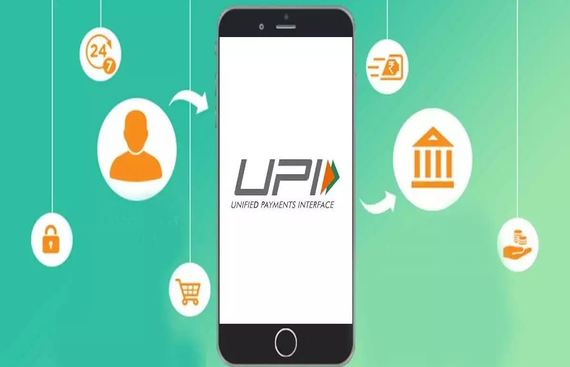Private Banks Levy Extra Charges on UPI Transactions Crossing 20 per Month

Lately, all the large private banks have introduced charges, ranging from  2.5 to
2.5 to  5, on person-to-person payments using the Unified Payments Interface (UPI) beyond 20 times a month. Although the government has said that payments using UPI would be free, bankers say that the charges have been introduced to prevent frivolous transactions from putting a load on the system.
5, on person-to-person payments using the Unified Payments Interface (UPI) beyond 20 times a month. Although the government has said that payments using UPI would be free, bankers say that the charges have been introduced to prevent frivolous transactions from putting a load on the system.
According to a report published by Ashish Das, IIT Bombay, banks are interpreting the law to suit them to conclude that, while payments are free, transfers can be charged. The report highlights this as an anomaly as such an interpretation would mean that if a user decides to use UPI to split a restaurant bill, the transfers from friends would not count as among the free transactions. Private banks have introduced charges (beyond 20 transactions) on UPI at a time when its use is growing nearly 8 percent month on month during the lockdown. Monthly volumes, which were 80 crores in April 2019, have hit 160 crores in August 2020.
Part of the reason for the explosion in numbers is the push by Google Pay, PhonePe and Paytm, which account for the bulk of UPI handles. Google Pay encourages users to make a one-rupee remittance whenever a contact joins the platform. These companies have also been incentivizing transfers through rewards and other benefits. Banks say that there is a misuse by accountholders sending money back and forth, which increases the load on the system. The IIT report quotes Section 10A of the Payment and Settlement Systems (PSS) Act, 2007, which says that no bank or system provider shall impose, whether directly or indirectly, any charge upon a person making or receiving payment by using the electronic modes of payment prescribed under section 269SU of the Income Tax Act, 1961.
Ashish says, “Payments are not distinct from transfers. Returning a small person-to-person loan amount is a payment. Similarly, giving gift money is also payment. A small roadside cobbler receiving payments or a student making a payment to a tuition teacher can all be done using UPI, where the law does not make it mandatory for the beneficiary to become a merchant (in the UPI sense) to receive such a payment”.
Although the RBI is the payments system regulator, the UPI platform is provided by the National Payments Corporation of India (NPCI). Banks say the decision to limit free transactions to 20 was taken at a meeting of banks with NPCI on February 14, 2020, where the UPI Steering Committee of NPCI agreed to limit free P2P fund transfer transactions to 20 per month. “NPCI does not explicitly indicate in the said minutes that the banks charge beyond 20 P2P transactions in a month. Therefore, the decision to charge for UPI transactions is that of banks and not of NPCI,” adds Ashish.
Read More News :
India's Banking Sector needs to Grow for Becoming $5 Tn Economy: CEA

